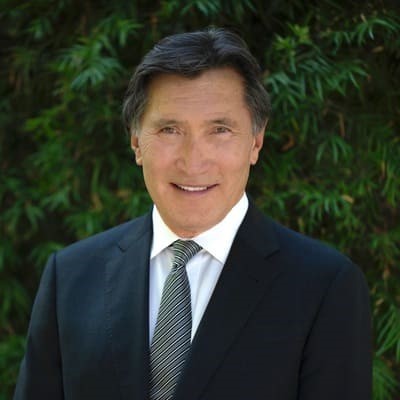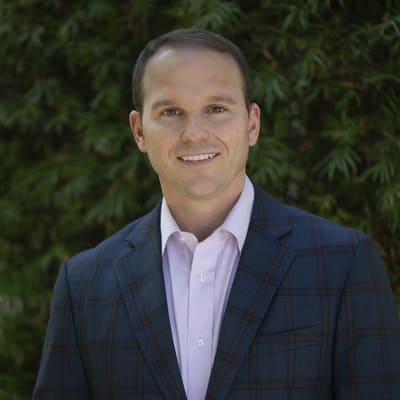Frequently Asked Questions
hidden
How do I make an appointment to see one of the doctors?
What happens during the initial consultation?
During the initial consultation, the doctor will get to know you by asking questions about your health and family history. They will want to learn about your home and work life, and any special activities or vigorous hobbies. You will have the chance to explain to the doctor what you envision for yourself; what you’d like changed; what are your expectations; what are your goals; what are your apprehensions.
The doctors will explain everything in general terms and then with your permission, he will examine you. By examining you the doctor can then be more specific as to your options. Your questions will be answered. The doctor will show you before and after patient picture and then talk about costs. In addition to learning your surgical options, you will have the chance to learn more about the doctor. You’ll be encouraged to ask questions. This sharing of information will help the doctor better prepare you for surgery and recovery.
How do I schedule surgery?
Scheduling can be done by telephone. Linda Savage, our patient care coordinator, will help find the date that works for you. Many of our patients are from outside the area. Linda is well prepared to handle the needs of our out of town patients. When patients schedule surgery, they will also be given a pre-operative appointment to meet with the doctor again before the surgery day. The doctor will review the operation and make sure all of your questions are answered. There is no charge for this visit.
Tell me about the pre-operative appointment.
What should I expect on the day of surgery?
hidden
How can I reach the doctor after surgery if needed?
You and your caregivers will be encouraged to call the doctors anytime after surgery if questions arise. After-hours and on weekends the answering service will pick up calls and connect patients with the doctors. Don’t hesitate to call. We prefer to hear from you if you have any concerns, no matter how minor. Our doctors are used to being called anytime day or night. When in doubt call.
How long until I am fully recovered?
Recovery time will vary depending on the type and the extent of surgery. Recovery time is different from full healing. Recovery time usually means when the patient is able to return to most activities including work, and also look presentable. Full healing means equilibrium, that is when there are no further changes. “Recovery” can be as early as two weeks following some operations. “Full healing” can take up to two years. However in healing, the biggest changes occur during the first few weeks. For example, after a facelift there is considerable bruising and swelling of the face and neck, and tightness of the neck. There are areas of numbness. The incision lines are red. Most patients by two weeks look good enough not to call attention to themselves when they are out in public. At three weeks I allow them to return to vigorous activity.
The changes of healing continue to occur after “recovery.” The scars get softer and their color fades. Sensation returns. Neck tightness diminishes. At six weeks patients can tell themselves they are 60% of the way on the road to full healing. I do my critical follow-up examination at six months when patients are 80% of the way to full healing. I take post-operative pictures at six months.
How can I speed up the healing process?
Healing will occur at it’s own rate. For a person in good health there is no way to hasten the healing process. So one can’t speed up healing. However there are many ways one can slow down the healing process. This is why we encourage patients to rest during recovery, eat a balanced diet, and follow the post-operative instructions. Doing all of this insures a speedier recovery and allows healing to proceed at its maximum rate.
Is there anything I can do to lessen the scars?
On occasion despite our best efforts, we are faced with scars that don’t follow the desired healing process. These are scars that, instead of getting softer and less discolored, are getting larger and more firm, and deeper in color. We call this scar hypertrophy. Some patients are more prone to this condition. In these cases there are more aggressive treatments we can do to lessen the scarring. At times scar revision is required. These are relatively easy operations with quick recovery time for the patient, and my policy is not to charge for them. Fortunately we are not called upon often to do revisions.




